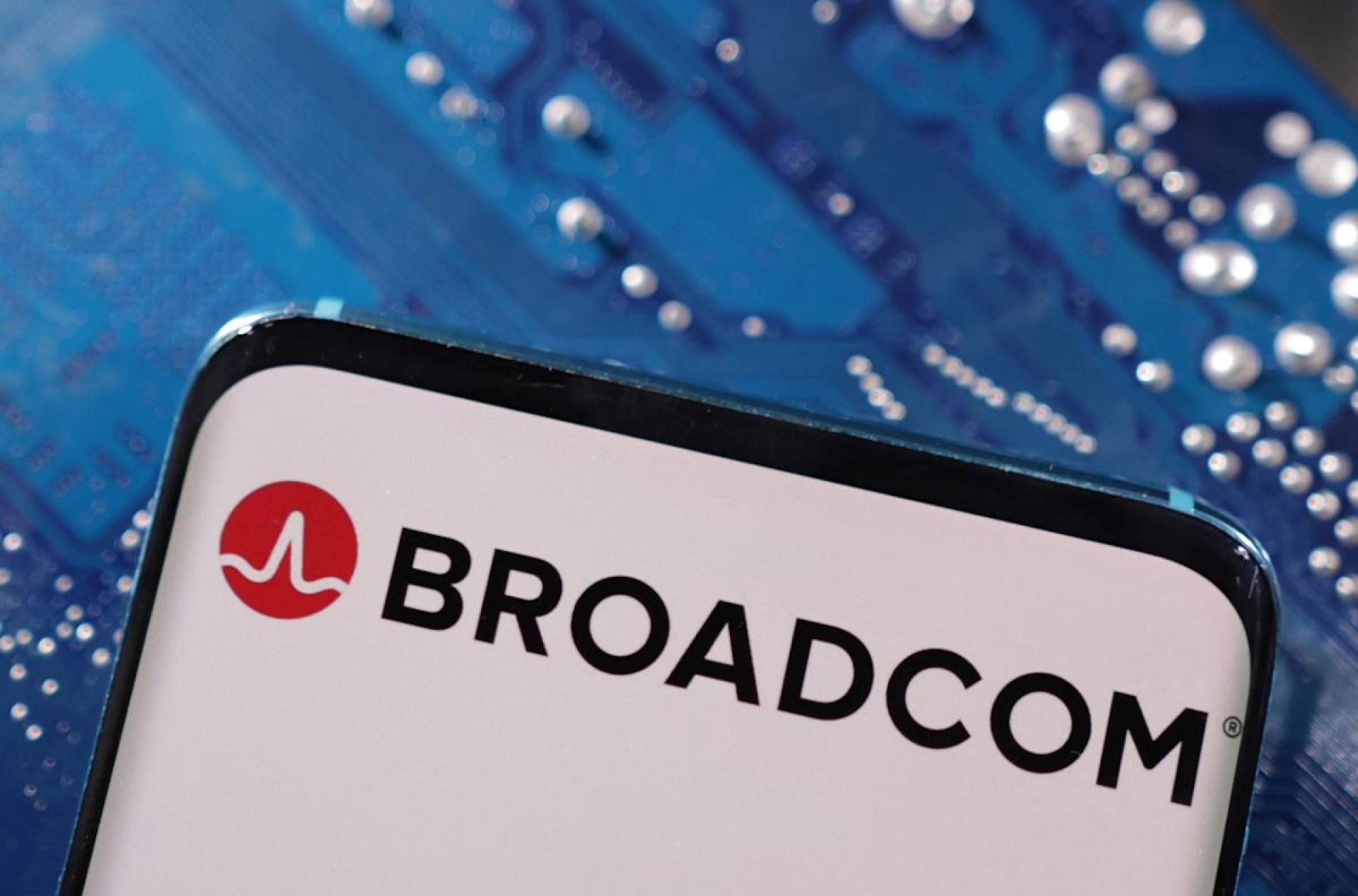Broadcom’s stock experienced a significant surge following the announcement of a substantial deal, marking a potential AI Chip Revolution. On Thursday, September 4, 2025, Broadcom Inc. (NASDAQ: AVGO) witnessed its shares jump on news of a $10 billion order for custom artificial intelligence (AI) chips from a previously undisclosed client. The Financial Times identified OpenAI, the creator of ChatGPT, as the mystery customer, positioning this deal as a pivotal moment in the AI hardware market.
The Players Involved
Several key entities are at the heart of this groundbreaking deal. Broadcom, led by CEO Hock Tan, stands to significantly benefit from the substantial order. OpenAI, seeking to enhance its AI infrastructure, is poised to collaborate with Broadcom to develop its own custom AI chips. Notably, this development implicitly impacts Nvidia (NVDA), the current leader in AI chip technology, as OpenAI aims to diversify its supply chain. Financial analysts from Citi, J.P. Morgan, Bernstein, and Morgan Stanley have also commented on the deal, largely corroborating the speculation surrounding OpenAI’s involvement.
The $10 Billion AI Chip Deal Unveiled
Broadcom’s Announcement and Market Reaction
During its fiscal third-quarter earnings call, Broadcom revealed it had secured $10 billion in orders for its custom AI chips, internally referred to as XPUs, from a fourth major client. This announcement, coupled with better-than-expected quarterly results and optimistic guidance, triggered a surge in Broadcom’s stock value. Reports indicated that Broadcom’s shares climbed by as much as 10% in premarket trading and 4.58% in after-market trading on Thursday. The momentum continued into Friday, with shares gaining an additional 7% in premarket trading. The Financial Times later identified OpenAI as the customer, detailing plans to collaborate with Broadcom on the design and mass production of its first proprietary AI chip, with shipments anticipated to begin in 2026.
Timeline of Events
The initial announcement occurred on Thursday, September 4, 2025, during Broadcom’s earnings call, where CEO Hock Tan confirmed the significant order. Simultaneously, the Financial Times published its report identifying OpenAI as the involved party. According to these reports, the collaboration between Broadcom and OpenAI for AI chip development commenced in 2024, with mass production targeted for 2026.
Strategic Implications and Motivations
OpenAI’s Drive for Custom AI Chips
OpenAI’s decision to partner with Broadcom is primarily driven by its increasing need to meet the ever-growing computational demands of its AI models, most notably ChatGPT. By designing custom chips, OpenAI seeks to mitigate its dependence on external suppliers, primarily Nvidia, and to achieve greater efficiency in optimizing its AI workloads. As noted by TrendForce, the move reflects a broader trend among major tech companies to control their AI infrastructure.
Broadcom’s Position in the AI Market
For Broadcom, this deal underscores the success of its custom silicon strategy and the strong demand for its AI accelerators and networking solutions from major cloud providers. Hock Tan’s commitment to remain at Broadcom’s helm until 2030 has also reassured investors, contributing to the positive market reaction. Benzinga highlighted that Broadcom’s AI revenue outlook for fiscal year 2026 and beyond has been significantly boosted due to this partnership.
The Broader Impact on the AI Landscape
Shifting Dynamics in AI Hardware
The Broadcom-OpenAI deal signifies a potentially transformative shift in the AI hardware market. As major technology players like OpenAI, Google, Amazon, and Meta increasingly invest in in-house AI chip development, they aim to exert greater control over their infrastructure and reduce reliance on single vendors. This trend, as reported by Investing.com, is expected to sustain demand for specialized AI hardware and custom silicon solutions. SiliconANGLE’s analysis suggests that this move could lead to a more diversified and competitive AI chip market.
Financial and Market Repercussions
The immediate impact on Broadcom has been substantial, with a significant surge in its stock price. This deal marks a pivotal moment in the AI hardware market, signaling a potential shift as major tech companies pursue in-house AI chip development to gain greater control over their infrastructure and reduce dependency on Nvidia. The Economic Times reports that financial analysts predict sustained growth for Broadcom in the coming years due to this strategic alignment with OpenAI.
Conclusion
The partnership between Broadcom and OpenAI represents a significant development in the AI landscape. OpenAI’s move to develop custom AI chips reflects a strategic effort to optimize its infrastructure and reduce reliance on external suppliers, while Broadcom benefits from a substantial order that solidifies its position in the AI hardware market. This deal signals a potential shift in the industry, with more companies likely to pursue custom silicon solutions to meet their growing AI computing needs, potentially fostering greater competition and innovation in the AI chip market. The AI Chip Revolution is underway, and Broadcom is strategically positioned at its forefront.


